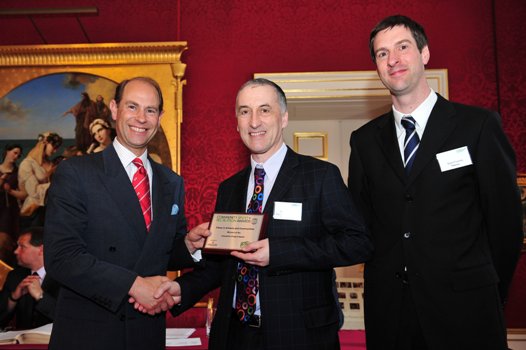Explanation: How Brain Training Can Make You Significantly Smarter | How Life Works
Explanation: How Brain Training Can Make You Significantly Smarter
As many people hit middle age, they often start to notice that their memory and mental clarity are not what they used to be. We suddenly can't remember where we put the keys just a moment ago, or an old acquaintance's name, or the name of an old band we used to love. As the brain fades, we euphemistically refer to these occurrences as "senior moments."
While seemingly innocent, this loss of mental focus can potentially have a detrimental impact on our professional, social, and personal well-being.
It happens to most of us, but is it inevitable?
Neuroscientists are increasingly showing that there's actually a lot that can be done. It turns that the brain needs exercise in much the same way our muscles do, and the right mental workouts can significantly improve our basic cognitive functions. Thinking is essentially a process of making neural connections in the brain. To a certain extent, our ability to excel in making the neural connections that drive intelligence is inherited. However, because these connections are made through effort and practice, scientists believe that intelligence can expand and fluctuate according to mental effort.
Now, a new San Francisco Web-based company has taken it a step further and developed the first "brain training program" designed to actually help people improve and regain their mental sharpness. Called
Lumosity, it was designed by some of the leading experts in neuroscience and cognitive psychology from Stanford University.
Lumosity, is far more than an online place to exercise your mental skills. That's because they have integrated these exercises into a Web-based program that allows you to systematically improve your memory and attention skills. The program keeps track of your progress and provides detailed feedback on your performance and improvement. Most importantly, it constantly modifies and enhances the games you play to build on the strengths you are developing--much like an effective exercise routine requires you to increase resistance and vary your muscle use.
Does it work?
Apparently it does. In randomized, controlled clinical trials,
Lumosity was shown to significantly improve basic cognitive functions. One study showed students improved their scores on math tests by 34 percent after using Lumosity for six weeks, significantly greater gains than those made by other students in the same class, who were not training with the Lumosity program.
The company says its users have reported clearer and quicker thinking, improved memory for names, numbers, directions, increased alertness and awareness, elevated mood, and better concentration at work or while driving.
While many of the games at Lumosity are free, a modest subscription fee is required to use the full program over the long term.
However, Lumosity is currently offering a
free trial of their program to new users so that you can see how well it works before you decide to subscribe. The trial is completely free (no credit card required) and the company believes the results will speak for themselves.



 Comment
Comment







 On 9th July 2013
On 9th July 2013 




